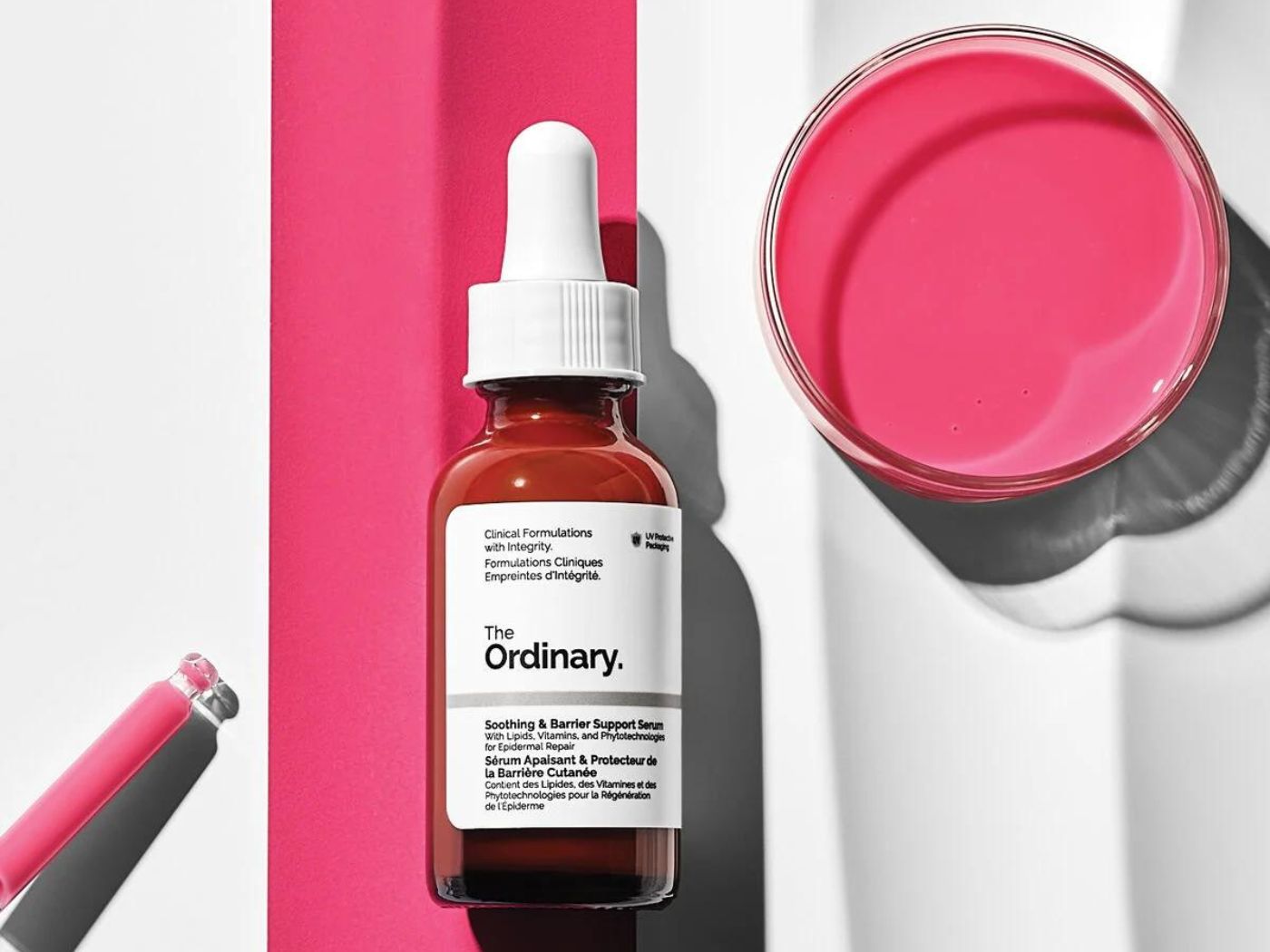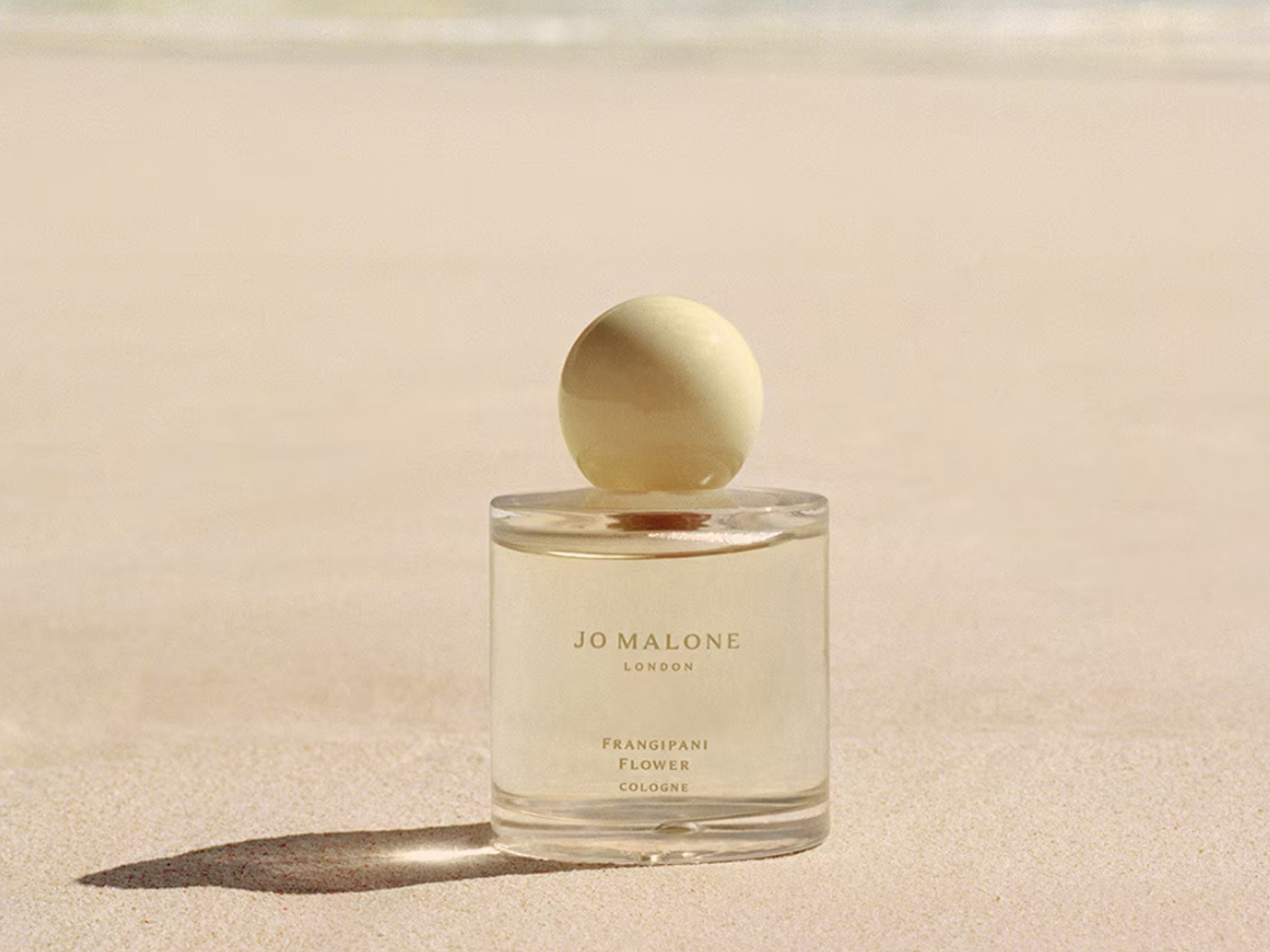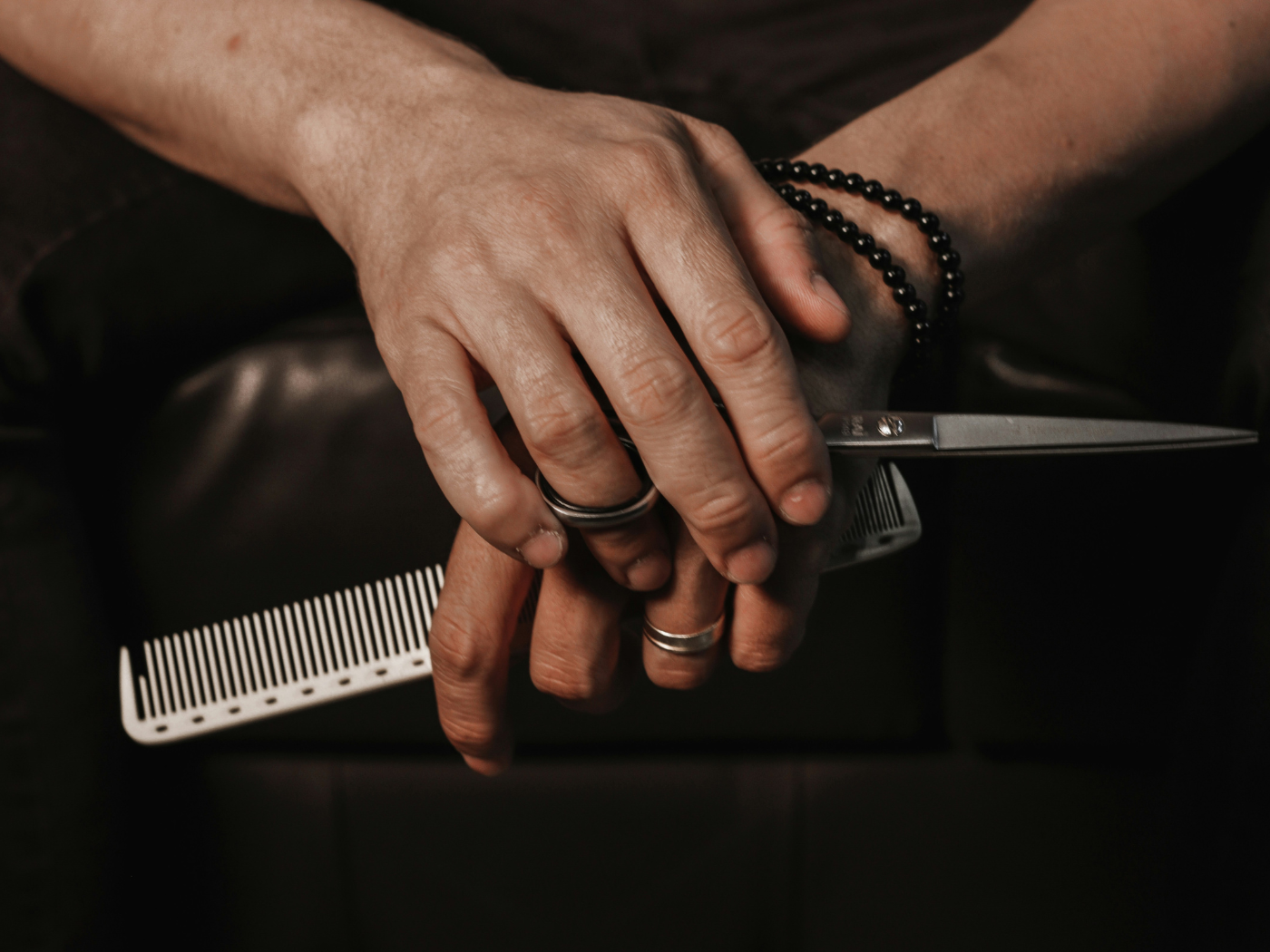It was 6 p.m. on Cyber Monday, and the Sephora at The Gardens Mall in Palm Beach Gardens, Florida was buzzing with shoppers.
“We’ve been going non-stop since before Black Friday,” said a harried Sephora beauty advisor who ticked off skin care, fragrances, and gift sets as the most popular categories over the busy Black Friday weekend.
The non-stop beauty shopping frenzy moved the needle at the register: this year marked the first time personal care and beauty items were among the top five most popular gifts purchased over Thanksgiving weekend. “Nearly one-quarter of shoppers purchased these items,” said Phil Rist, Executive Vice President of Strategy at Proper Insights and Analytics, a global leader in consumer-intent data.
While beauty remains a draw, there are signs of belt-tightening. Retailers reported an uptick in travel sizes, as well as smaller sized options in an effort for shoppers to save money. Approval from influencers also encouraged shoppers to buy dupes—lower priced, typically mass-market products inspired by luxury counterparts.
Sensing the drive for bargains, brands and retailers kicked off promotions before Halloween.
“Early Black Friday results show that competitive deals remain the best way to capture consumers’ hearts and wallets,” said Brian Gleason, Chief Revenue Officer at Criteo, a commerce media platform. The National Retail Federation and Proper Insights & Analytics noted the beauty category’s success in a just-released survey. Insights include:
- On average, 55% of shoppers’ Thanksgiving weekend purchases were specifically driven by sales and promotions, up from 52% in 2022.
- About 31% percent said a limited-time sale or promotion convinced them to make a purchase they were hesitant about, up from 29% last year.
- Over half of consumers (55%) took advantage of early holiday sales and promotions.
- About one-third (35%) shopped specifically in the week leading up to Thanksgiving, beginning November 16.
- As of Thanksgiving, 85% of consumers had started holiday shopping.
A hyper promotional holiday season was forecasted during Ulta Beauty’s recent earnings call, where CEO David Kimbell said the company’s stores are stocked with “value-first, splurge-worthy” items, which he expects will continue in popularity through Christmas. Some of the retailer’s “most loved” items on Black Friday included Fenty Beauty Hella Thicc mascara and Kylie Cosmetics Plumping Gloss, both of which were priced at $12. The Dyson Airwrap and Sonic Hair Dryer were also popular at 20% off retail prices. Cyber Monday favorites included fragrances by YSL Beauty, Armani, and Eilish, many of which were 50% off. Also on the best seller’s list were the Nuface Mini+Petite Facial Toning Kit, which was 40% off, and select gift sets, which were 50% off.
Another way shoppers are saving money is by buying more store brands. The appeal of brands created by Ulta Beauty and Sephora, for example, as well as exclusive brands sold in specialty beauty chains like M.A.C, L’Occitane, and Bath & Body Works, is strong and their price points are typically less. DTC and mass store brands, such as Walgreens No 7, offer elevated skin care and make up at accessible prices and get high marks from shoppers for better packaging, quality products, as well as innovation.
“What’s absolutely clear is that regardless of who they are and how much they earn, beauty shoppers are on a mission to find more affordable ways to get what they want. There are so many great quality, innovative, and less expensive options today. Shopping smartly for beauty is now a badge of honor. Luxe brands take note,” said Wendy Liebmann, CEO, WSL Strategic Retail, who recently published a report on how consumers are saving on buying beauty.
Luckily, brands were prepared for a heavy promotional season. “We were uncertain about the 2023 Cyber Week sales as clients deal with inflation and spending less,” said Anisha Khanna, CEO and founder of natural premium skin care brand Sonäge. “To mitigate some of the risk, we started our sale earlier, rolling out 12 days of deals instead of seven days like we did in previous years.” She also noticed customers using buy-now-pay-later options such as Afterpay.
Advent calendars, which serve double duty as gifts and as a way to discover products, created a sales frenzy. According to Tim Saunier, CEO of Babor Americas, its $99 calendar was one of its top-selling items. More than 665 sold on Black Friday alone—a new record. Charlotte Tilbury’s $210 12-day “Lucky Chest” of beauty secrets and Dior’s $750 are both listed as sold out on various websites. Glow Recipe’s 12-Days of Glow at $75 was also a sellout. Ulta Beauty pinpointed its Beauty Collection Advent Calendars a fan favorite on Cyber Monday.
In a review of Circana’s results through September 2023, Larissa Jensen, SVP, Global Industry Advisor, foretold shifts in some categories on her LinkedIn page, including an uptick in lower-priced brands in prestige skin care and a slowdown in luxury fragrances. The “treat” mentality is still strong, Jensen added, sharing that prestige beauty posted double-digit volume and unit gains. Skin care, hair care, and fragrance produced double-digit inclines; makeup gains were in the single digits. Skin care was especially healthy, growing eight points faster than fragrance.
Influencers such as Bethenny Frankel, Alix Earle, Mikayla Nogueria, and Kelly Strack have elevated the concept of dupes through their social content, and many brands now wear the term as a badge of honor. Even Martha Stewart donned L’Oréal Paris True Match Lumi Glotion on the cover of Sports Illustrated—a product often compared to luxury brands.
Gen Z shoppers are especially open to the idea of “if you like this, try that.” Dior’s Lip Oil is often swapped with Milani’s Lip Fetish, while E.l.f. has conquered the dupe universe with comparisons to products made by Supergoop!, Tarte, and Charlotte Tilbury. Research by Spate found that searches for beauty dupes are on the rise. Online searches for the 12-month period ended September 2023 show “dupe + skin care” rose 123.5%, and searches for “dupe + makeup” jumped 31%.
According to research from NielsenIQ, 46% of consumers state they will purchase less expensive products so they can save money, with dupes on their radar. In fact, 98% of shoppers stated that discovering dupes has expanded their regular beauty routine.
“What has been most surprising to us in our research, is that beauty dupes aren’t cannibalistic, they are actually helping to grow the beauty category. Beauty dupes provide an entry point into new products and categories, allowing consumers to try a variety of things at an affordable price point,” said Anna Mayo, VP, Beauty Vertical at NIQ. “What’s really exciting is that we are seeing growth for both brands that are being duped, and the ones that are being used as dupes. Dupes are proving their importance to continued growth in beauty, which is something we can all celebrate.”
Whether a copy or the real thing, the next few weeks will write the final beauty sales story of holiday 2023. Shoppers, said Jensen, will continue to spend on what is important to them. “Beauty brands that effectively tap into this emotional connection will be in a position to succeed this holiday season,” she said.




